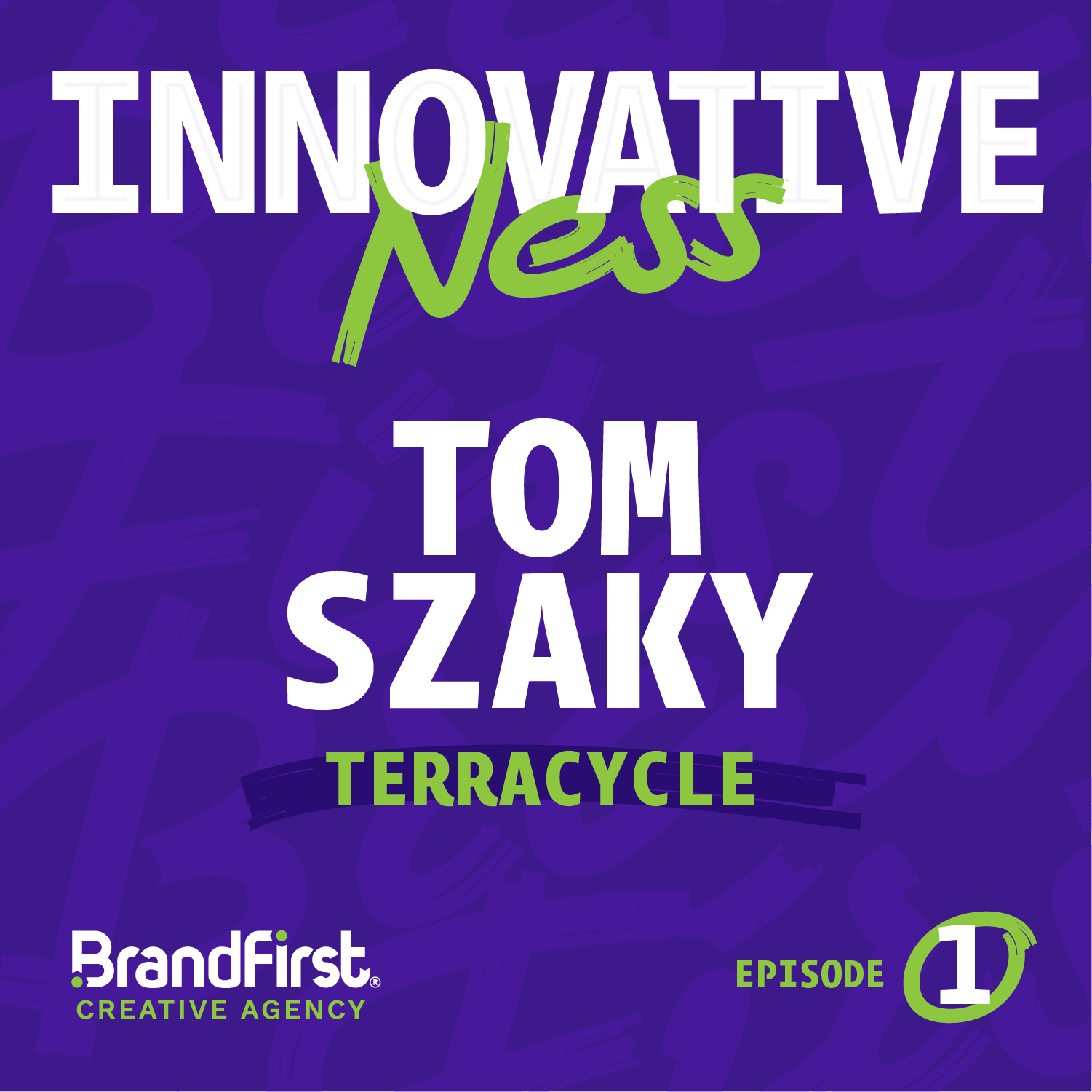
Innovativeness: An Examination of Unexpected Ideas and Their Thinkers
In this podcast series, we are exploring the concept of innovativeness and the people who embody it; not just what they have done to garner that distinction, but the reasons behind it – the methodology, the history, the process, the things that make them tick and want to continue to relate to the world in a vital way. We look for a good story, a purpose, and a motive. We’re seeking people who look at the world with wide eyes, accumulated knowledge, and inventiveness, which is why we use the word “innovativeness.” At its core, the human capacity to see opportunity and to make change, is what makes life interesting in the first place. The art form of creating new processes requires adaptation, insights, empathy, and intelligence.
Podcast Episodes
Episode 9
Daniel Kuzrock took a hobby and turned it into something transformative. While brewing beer in college, Daniel realized that it seemed unfortunate to waste the grain byproduct. Together with his ReGrained co-founder, Jordan, they have since upcycled 261,963 pounds of grain, an amount equivalent to the mass of a blue whale. Join us as we talk with Daniel about finding new ways to minimize food waste in our system, the packaging challenges he faced, and his trip to Italy where he was judged on the merits of how upcycled grains could be used to make pasta.

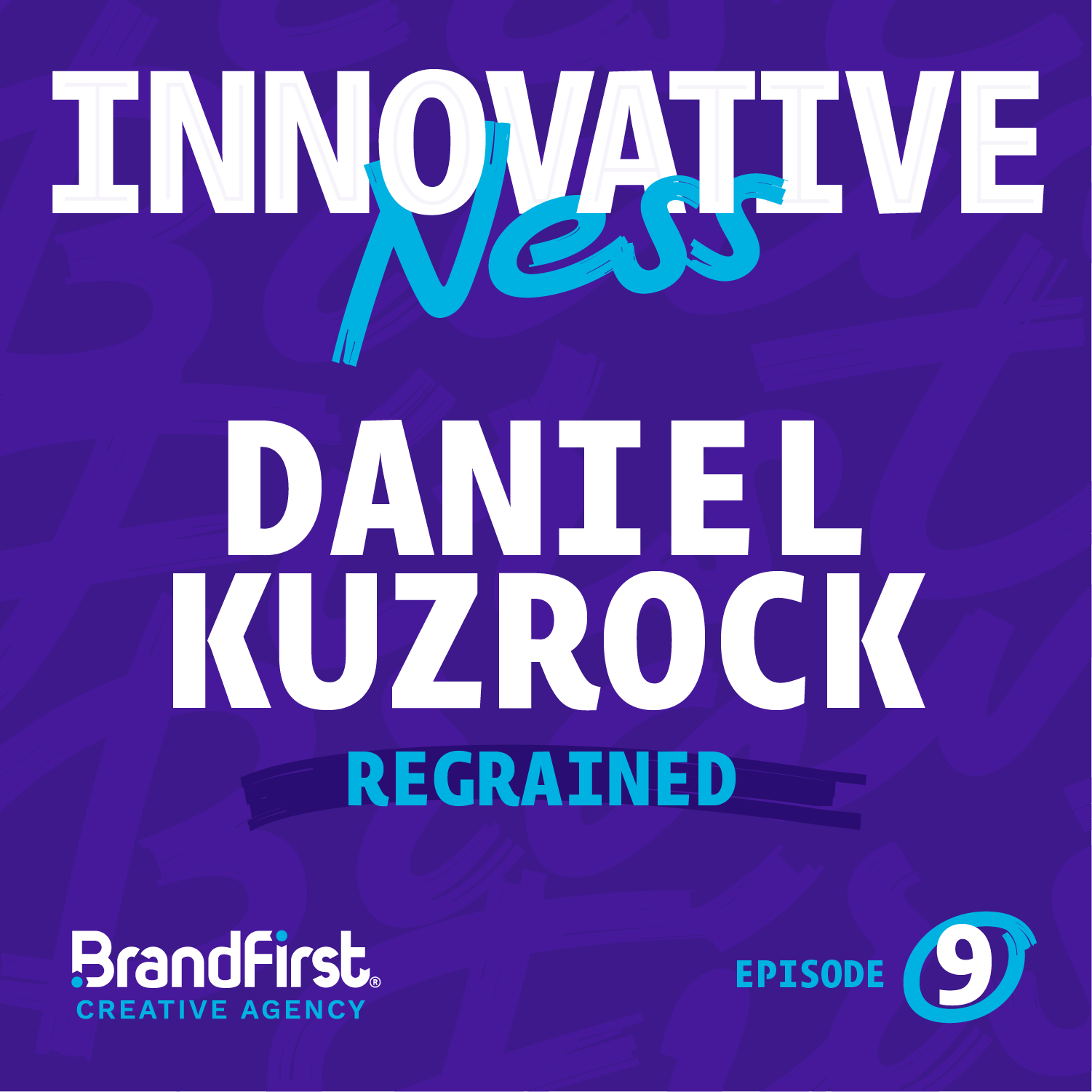
Episode 8
Flavor and texture are king, no matter the culinary expression. In this episode, we traveled to the corporate office of Ingredion to do an onsite tour of their facilities and sit down with Julie Emsing Mann who is the Global Plant Protein Manager for Ingredion. She is responsible for strategy & innovation, and helps lead the direction for what is next when it comes to the use of plant proteins at Ingredion. We cover a wide range of topics, including trends in plant protein and her perspective on the future in this space, as well as how she learned that complex problem solving requires breathing new life into the way you measure innovation and solve problems. We also touch on vegan chocolate, as she led protein research and technology at Hershey before joining Ingredion.

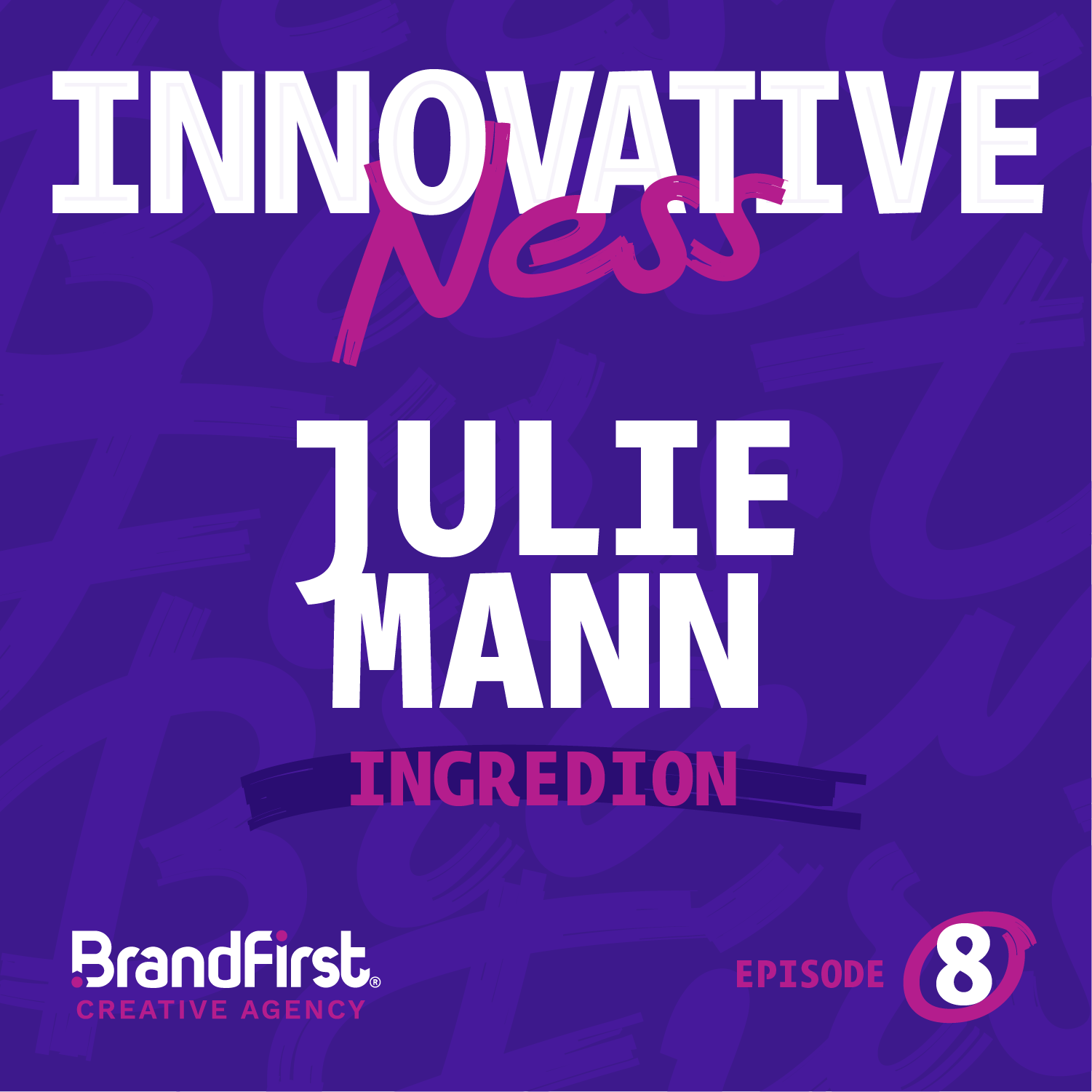
Episode 7
On this episode of Innovativeness, BrandFirst talks with Laura Kliman, the Senior Flavor Scientist at Impossible and the person responsible for Version 2.0. With a doctorate in Organic Chemistry, Laura was working as a pastry chef in Chicago when she heard about Impossible on NPR. Appealing to what she considered the “trifecta of her concerns”, Laura relocated to California and became instrumental in the development of Impossible’s plant-based meat. We talk about the differences between versions 1.0 and 2.0, the definition of Heme, and how some people might think that Impossible is performing magic to deliver on their promise. Impossible’s plant-based products have challenged an entire industry and Laura really helps to break things down.

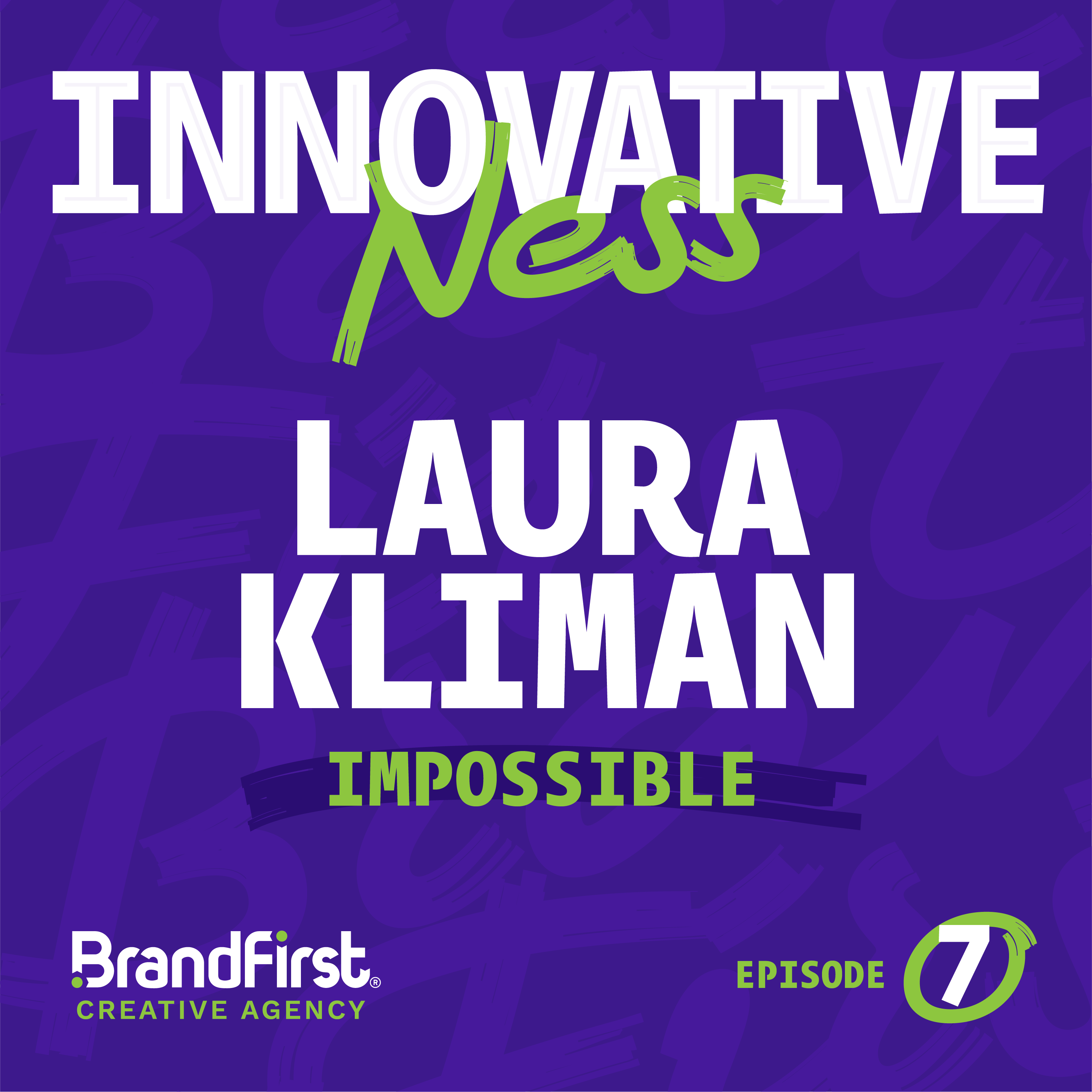
Episode 6
For this episode of Innovativeness, we speak with Paul Shapiro, author of Clean Meat and CEO of The Better Meat Co. Paul published Clean Meat in 2018, and it is a great summation of how technological leaps have lead to the adoption of breakthrough technologies, often changing the very landscape of human behavior. Paul sets the stage to explain the often confusing concept of growing meat, aka cellular agriculture, for multiple applications, from fashion to food. Paul weaves a good tale by utilizing historical facts with stories of how entrepreneurs and investors alike are racing towards a new and exciting frontier that many people feel is merely science fiction.

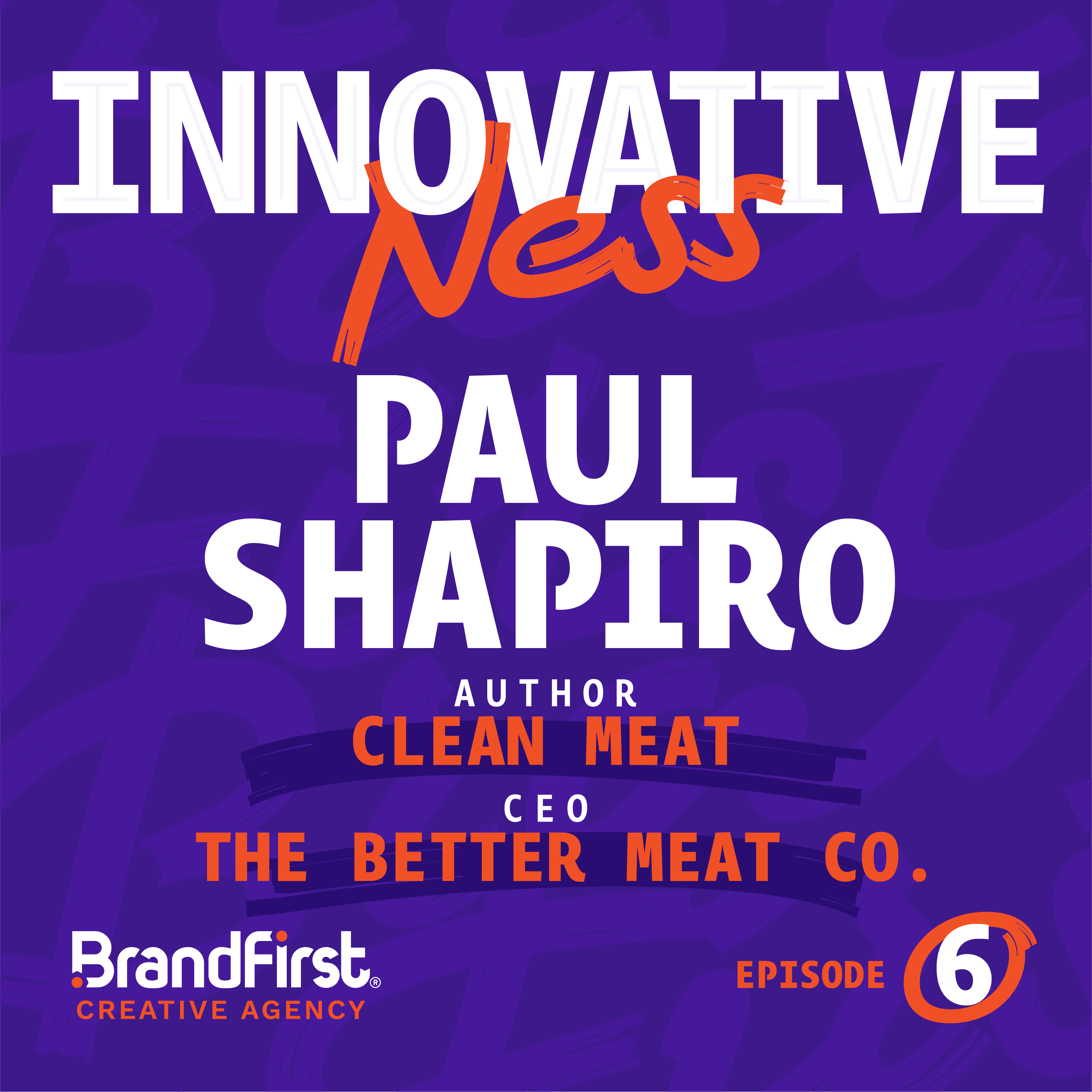
Episode 5
Language is important; currently the world speaks more than 7,000 languages. But what happens when a language stops being spoken? What is lost? There is a tendency for technology to homogenize users and while it can help to create a sense of connectedness, it is often the case that the platform of technology is used to project commercialism and not the products of genuine culture. Inky Gibbons is one of those rare individuals that has innovated a way to harness technology to assist in the teaching of not only language but also culture. As we become more united around platforms for communication, it is vital that we consider the power of diversity in language and how language is the very apparatus that allows a people to tell its unique story. Platforms like Tribalingual give us the opportunity to learn about human experiences that we might never get the chance to until it becomes too late to do so.

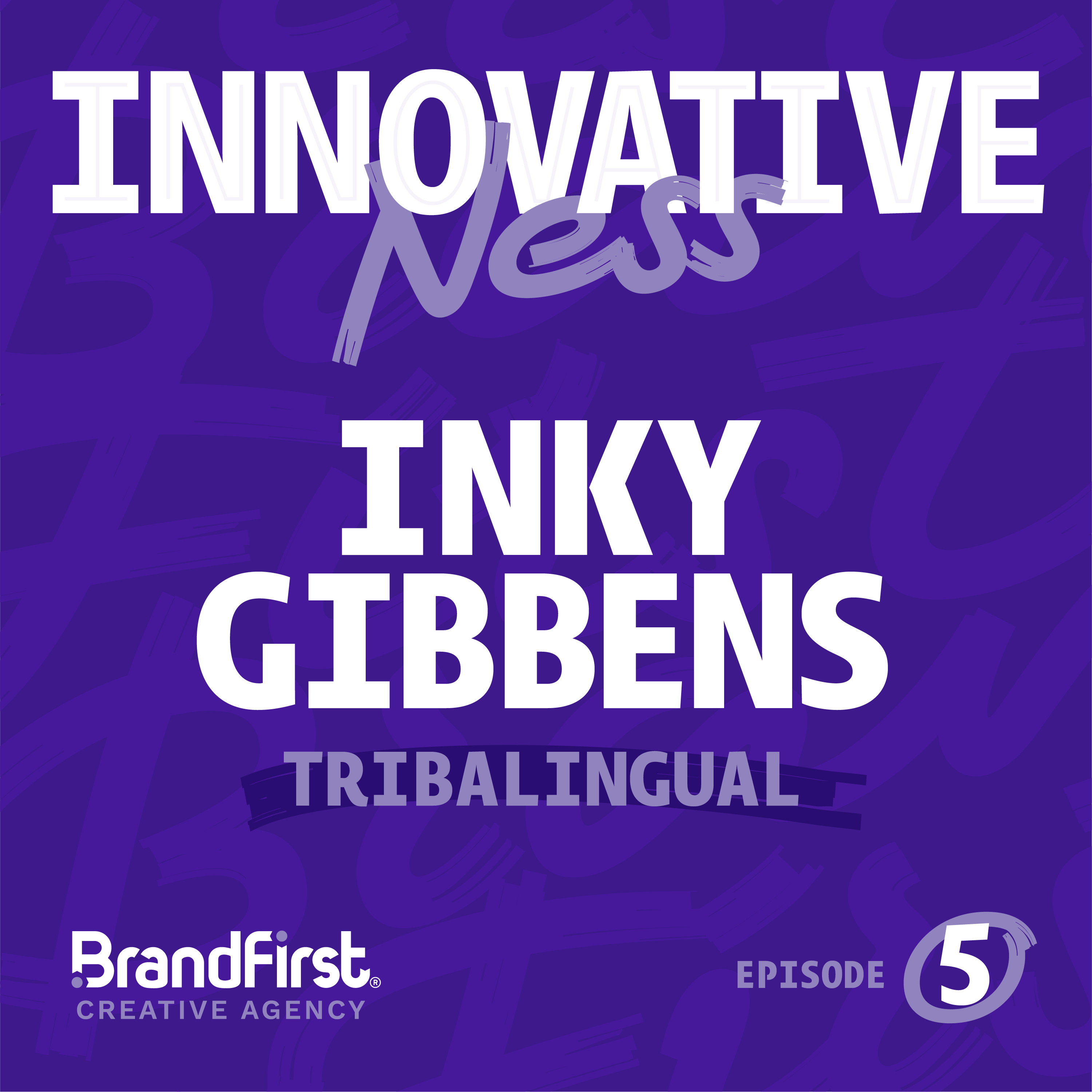
Episode 4
For this episode, we talk to Ryan Bethencourt and Diana Olson of Wild Earth Inc about some really interesting topics, including the success of Wild Earth since their Shark Tank debut, mushrooms, the natural world and its wonders, and science fiction as inspiration, amongst other things. Our conversation really plays into the concept that innovativeness is most potent when people allow themselves to be inspired by multiple formats of creativity and thinking.

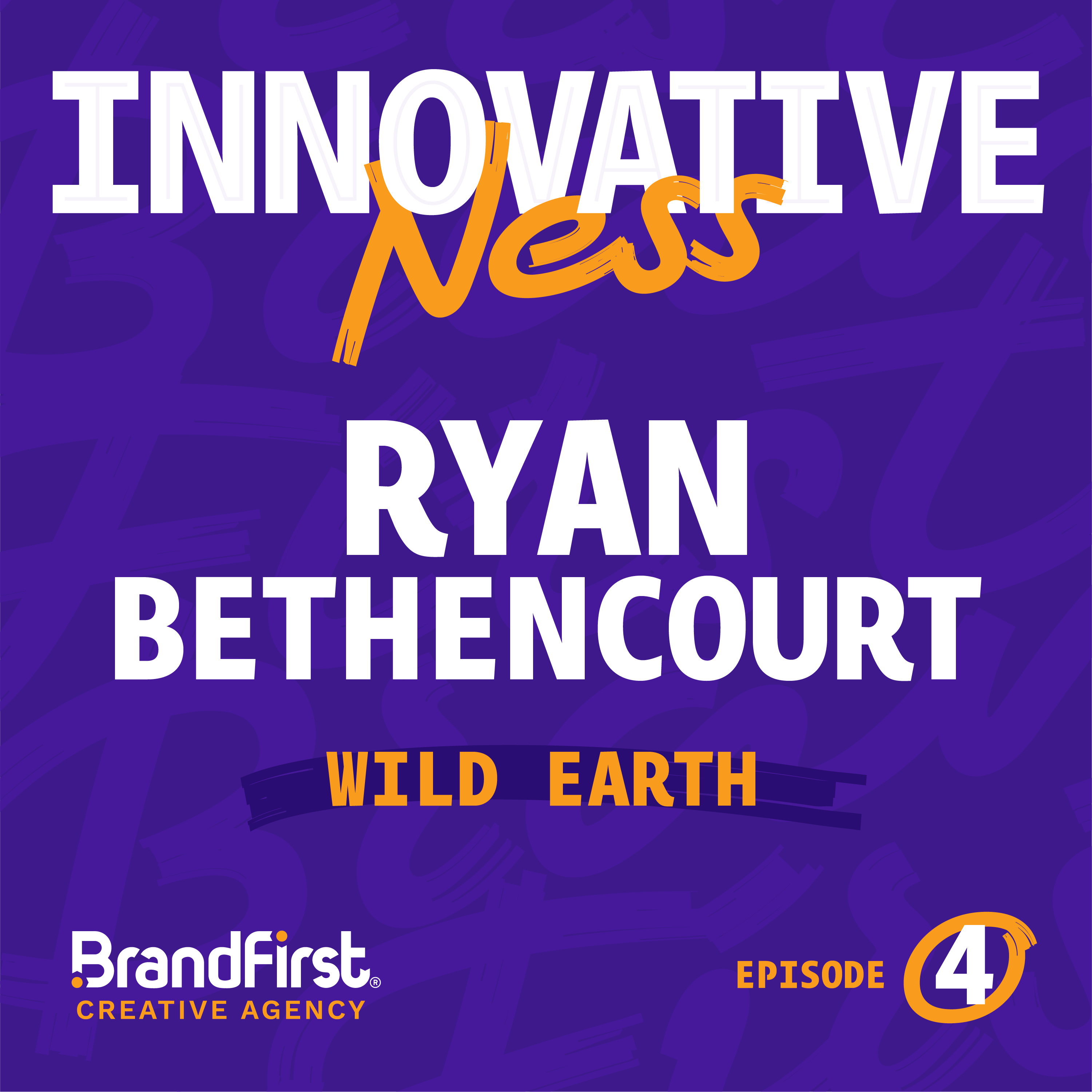
Episode 3
Peter Rowe is Co-founder of Deep Branch Biotechnology. Self-described as "helping to turn the polluters of today into the producers of tomorrow," Peter discusses the idea, method, and science behind Deep Branch. According to the World Business Council for Sustainable Development (WBCSD http://www.WBCSD.org), "Concrete is the most widely used material on earth apart from water, with nearly 3 tons used annually for each man, woman, and child." This is significant because the amount of CO2 emitted from its production is almost on a 1-to-1 ratio. Per 1 pound of concrete produced, there are about 0.9 pounds of CO2 emitted. Peter was trained as molecular microbiologist with specific interests in synthetic biology and genome editing technologies. We not only talk about his efforts to help solve some of the most pressing issues with CO2 emissions, but Peter also indulges us in a free-ranging conversation regarding his experience with CRISPR and the ethical issues posed about the use of this often controversial science.

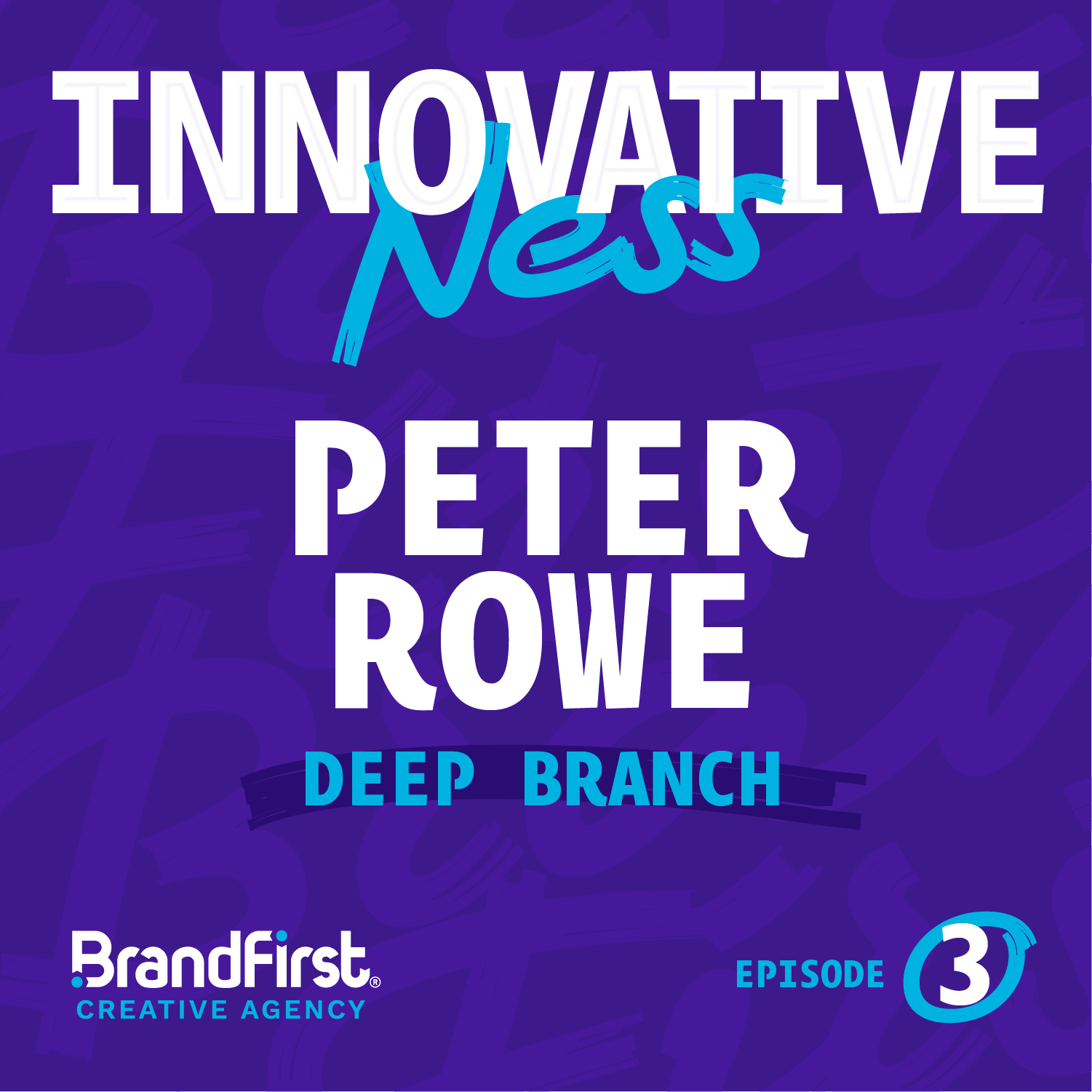
Episode 2
Vítor Santo is Director of Cellular Agriculture at JUST. He is responsible for selecting cell lines that will be used in the cellular agriculture program at JUST. Although not entirely new, the concept of cellular agriculture is still in the beginning stages of scientific development and implementation. Vítor is looking at the entire concept for its sustainability as well as defining and expressing the various culinary qualities of animal cells as they will be cultivated. No longer science fiction, the concept of growing meat from cells and skipping the need to grow and slaughter animals is fast becoming a technology that will change the way that we feed the world.

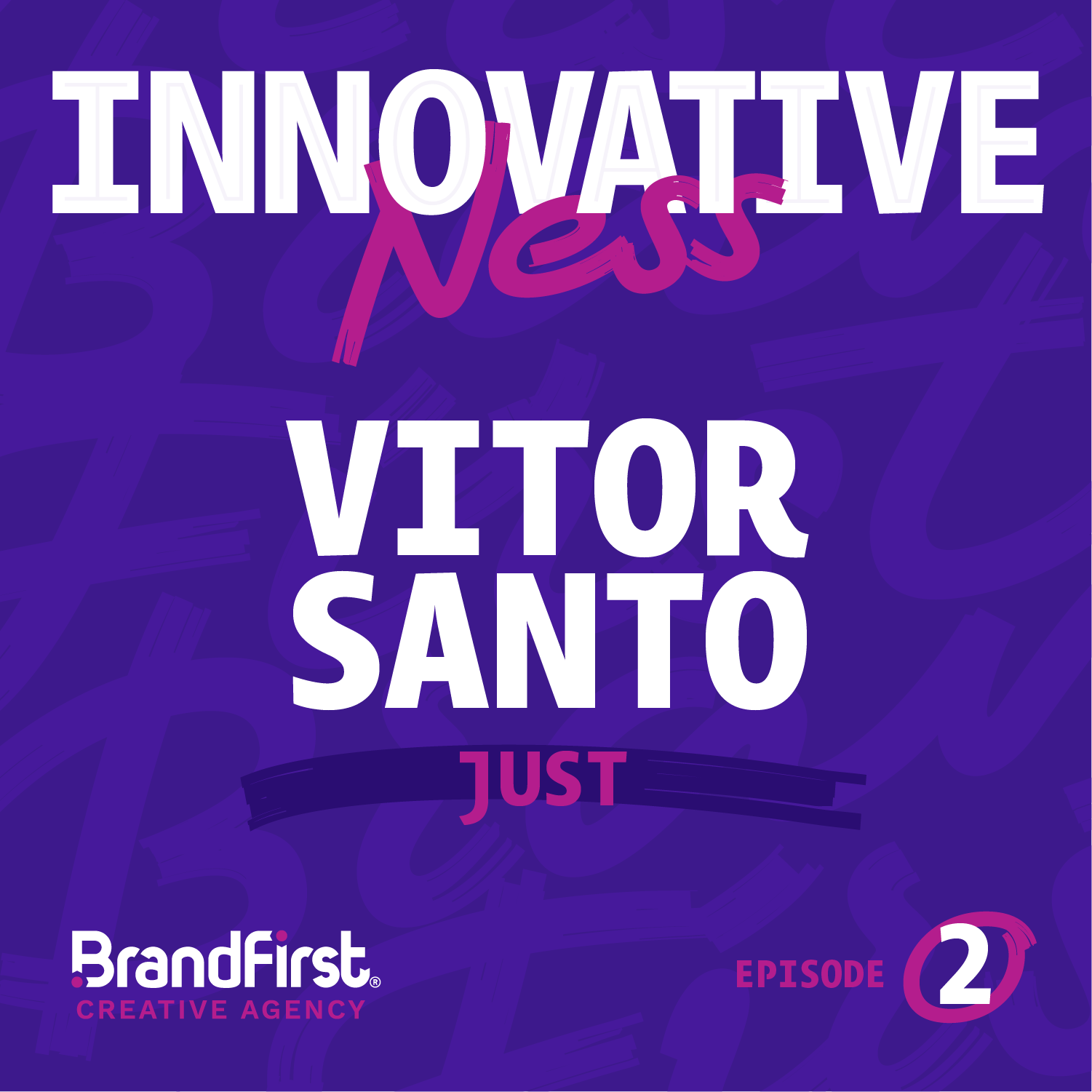
Episode 1
For our first podcast in this series, we went to TerraCycle's headquarters in Trenton, NJ. Tom is a unique individual who inverts our thinking about waste. He left Princeton to start TerraCycle, a company that finds solutions for the "unrecyclable." Tom has a fresh take on how to solve the problem of garbage and realizes the reality of how powerful and pervasive it is as a force in our lives. Tom wants to change our minds about the concept of waste. Once you hear what he has to say, you will never look at it the same way.
https://www.terracycle.com/en-US/

